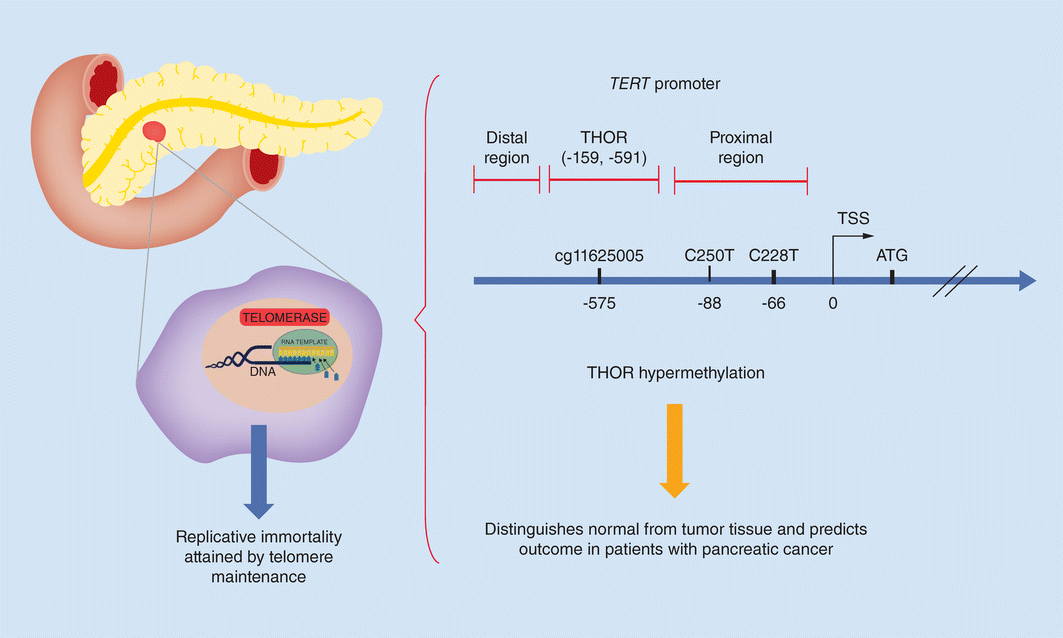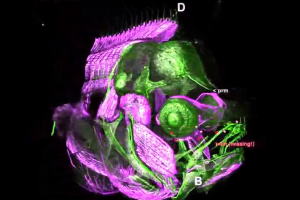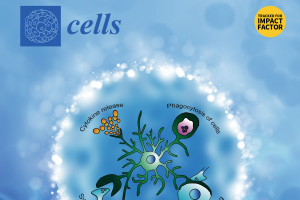Scientists have discovered that there is a gene that is involved in the process of development and progression of the disease and that can help in the diagnosis and prognosis of pancreatic cancer, one of the most difficult to detect.
Inês Faleiro and a group of researchers from CBMR, led by Pedro Castelo-Branco, have published in Future Oncology a scientific article that focuses on the discovery of a new biomarker that allows to detect pancreatic cancer earlier.
The research, carried out by the Epigenetics and Human Disease group, found that THOR is hypermethylated in pancreatic tumor tissue when compared with normal tissue and that THOR methylation correlates with TERT expression in tumor samples.
However, the potential of the discovery of this new biomarker goes beyond the diagnosis possibilities since, being measurable in terms of percentage, the analysis of THOR methylation levels offers researchers important prognostic data to understand, in each patient , what the stage of evolution of the disease and, even, its degree of aggressiveness.
This finding reveals that patients with elevated levels of THOR methylation have lower survival rates and patients with low levels of THOR methylation appear to have better treatment prospects.
It should be noted that, since pancreatic cancer is one of the cancers that presents the highest mortality rate due to a late diagnosis, this finding may, in a long term basis, contribute to a faster detection of the disease, making it more effective in terms of treatment.

Since pancreatic cancer is one of the cancers that presents the highest mortality rate due to a late diagnosis, this finding may, in a long term basis, contribute to a faster detection of the disease, making it more effective in terms of treatment.




















